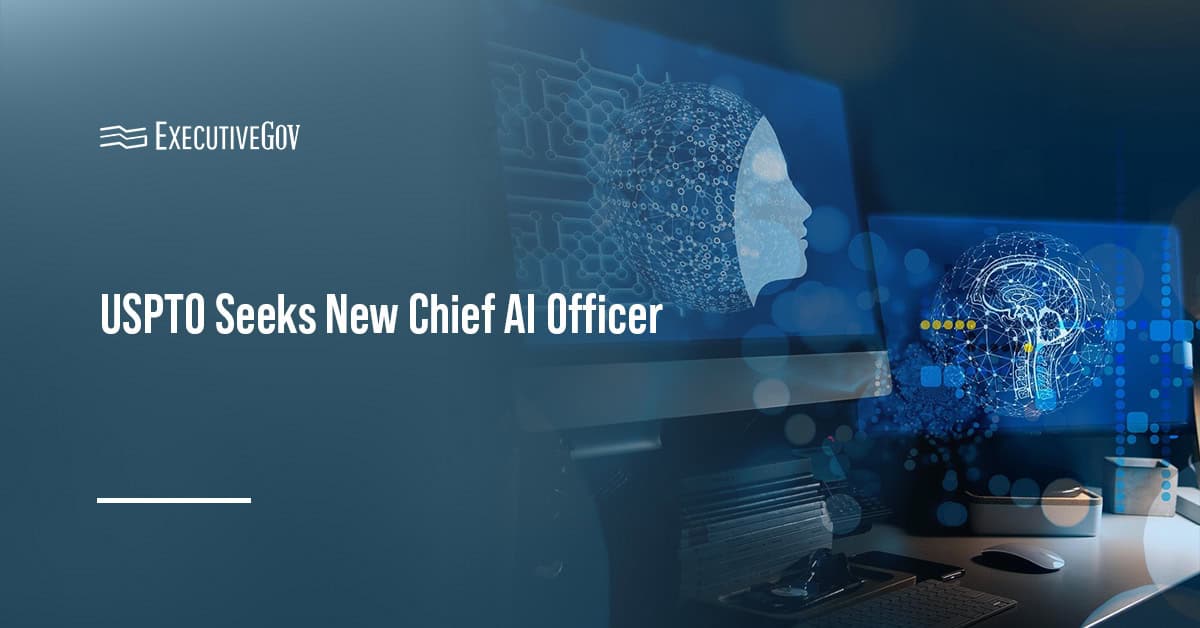 Sen. Roger Wicker and Commissioner Brendan Carr have announced that the Federal Communications Commission intends to run a $100 million pilot program that aims to provide telehealth services for low-income U.S. citizens.
Sen. Roger Wicker and Commissioner Brendan Carr have announced that the Federal Communications Commission intends to run a $100 million pilot program that aims to provide telehealth services for low-income U.S. citizens.The Connected Care Pilot Program will focus on providing healthcare for veterans and Americans residing in rural areas, FCC said Wednesday.
The commission will gather at an August Open Meeting to discuss the program’s budget, along with support for connected care deployments and assistance to projects aiming to measure healthcare costs.
“Given the significant cost savings and improved patient outcomes associated with connected care, we should align public policy in support of this movement in telehealth,” Carr said.
Recent telehealth efforts in the U.S. have generated savings in chronic disease management, which takes up 85 percent of the country’s direct healthcare spending.





